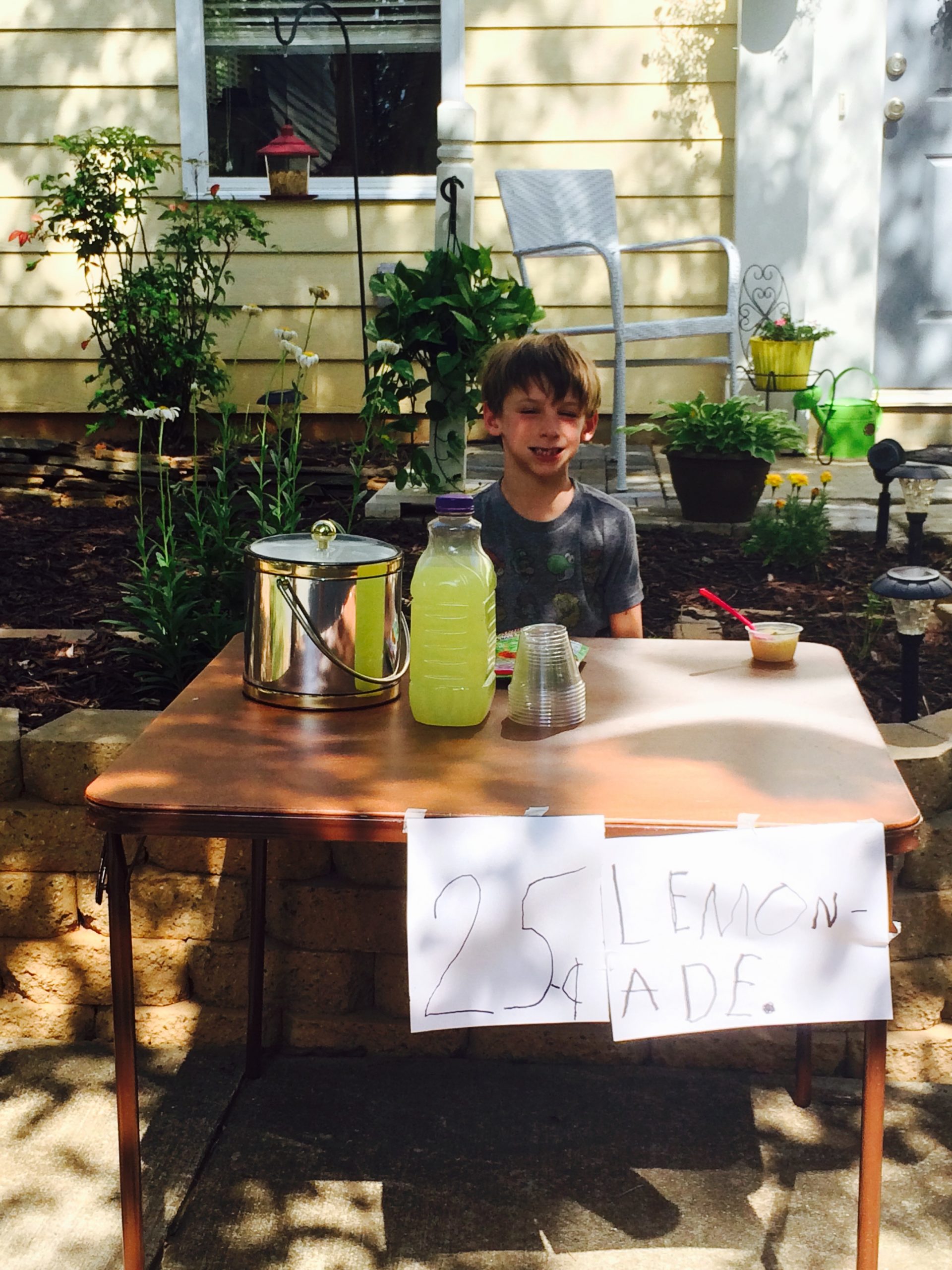Positive words are important for children to hear. Words matter. Consider the impact of what parents and teachers say to children. The language used impacts how a child sees themselves. Negative words have harmful and lasting effects on children.
Words That Hurt
These are a few examples that parents and teachers use to attempt to get results for behavior. Or, simply to be friendly.
• Funny comments. At times, parents and teachers try to make a joke about a child’s looks, personality or habits. In reality, this is not funny. In fact, it is more harmful to the child.
• Negative comments about another. To say something negative about another person gives a child an impression that the person is not good or worthy.
• Labeling a child. Children formulate labels for each other with the words they hear from adults. Such labels include: chubby, slow, baby, selfish, short, or beautiful. These labels cause false impressions and play into a child’s self-image.

Research
Words are harmful and send the message that the child or another person is bad or not worthy. Karyl McBride, PhD., states “Those messages play like endless tapes. ‘How could you be so stupid?’ ‘You can’t do anything right.’ ‘This is why no one likes you,’ McBride said in Psychology Today. “Shaming and humiliation causes fear in children. This fear does not go away when they grow up. It becomes a barrier for a healthy emotional life and is difficult to eradicate.”
Often, parents and teachers try to control behavior through a statement. Studies show that using negative phrases does not change the behavior. Instead, yelling or shouting insults causes emotional pain. In fact, this is parental or teacher bullying.
Consider how a child interprets the words said. The interpretation may become a label or viewed as shameful. However, unintended words slip out.

Preventing the Hurt
Talk to children to discuss words that confuse or hurt them. Understand the way they think by getting an interpretation of what they heard. Rethink how to prevent hurtful words in the future.
Words guide children to their choices in the future. Therefore, weigh the words because positive words build positive children.



